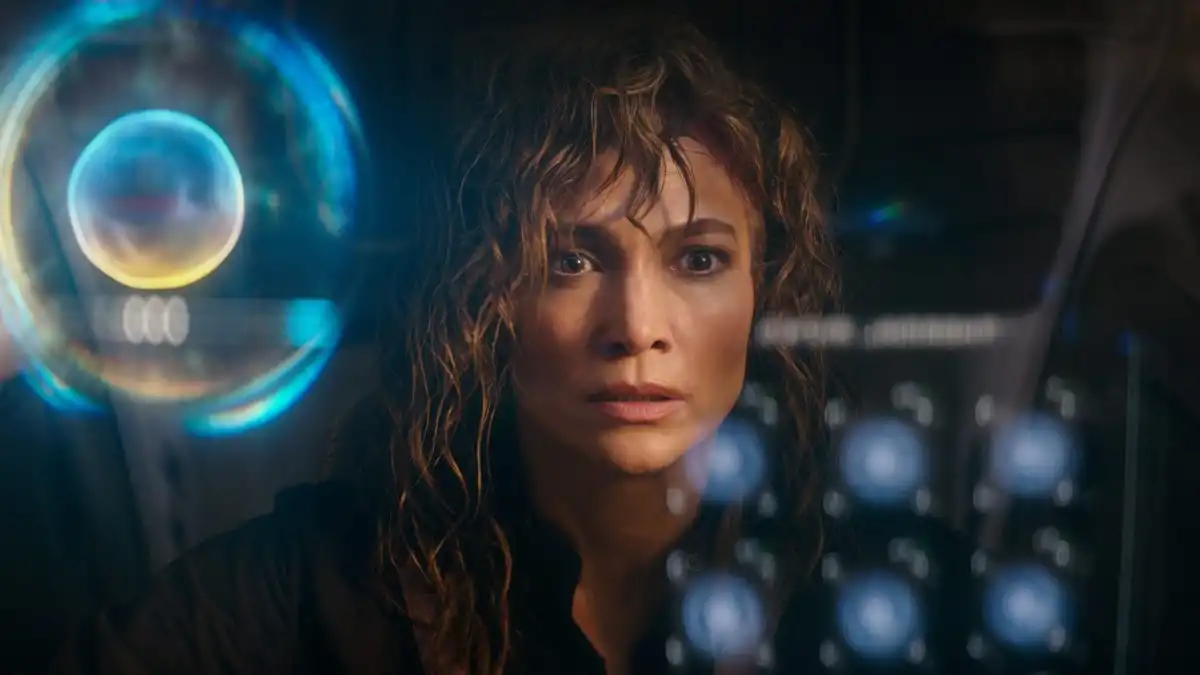Atlas Ending Explainer: Netflix Artificial Intelligence AI
Jennifer Lopez battles an AI villain with an AI mech suit in Netflix's epic sci-fi film Atlas, exploring the complexities of AI.
In the latest sci-fi epic "Atlas," Jennifer Lopez takes on an evil AI villain with the help of an AI mech suit. Directed by Brad Peyton, the film explores a future where AI has become indistinguishable from humans, led by the world's first AI terrorist, Harlan. Lopez plays Atlas Shepherd, a scientist with a personal vendetta against AI due to her mother's tragic death caused by Harlan.
As Atlas and her AI mech suit, Smith, embark on a mission to defeat Harlan, they form an unlikely bond that changes Atlas's perspective on AI. In a climactic battle, Atlas ultimately triumphs over Harlan, but at the cost of Smith's life. The emotional exchange between Atlas and Smith showcases a newfound respect and appreciation for AI, as Atlas embraces artificial intelligence to continue her work.
The film's ending raises questions about humanity's relationship with AI and whether it's a form of pro-AI propaganda. Netflix's exploration of AI in entertainment, despite previous warnings about its dangers, suggests a shift towards a more positive portrayal of AI in media. While past sci-fi films have depicted AI as a threat to humanity, "Atlas" presents a more nuanced view, suggesting that AI integration is inevitable and potentially beneficial.
Overall, "Atlas" challenges viewers to reconsider their perceptions of AI and its role in society. By showcasing the complex relationship between humans and AI, the film prompts audiences to reflect on the potential consequences of AI advancement and the impact it may have on our future. With its emotional storytelling and thought-provoking themes, "Atlas" offers a unique perspective on the evolving relationship between humans and artificial intelligence.











Comments on Atlas Ending Explainer: Netflix Artificial Intelligence AI